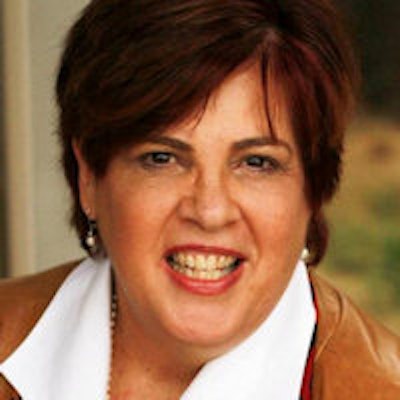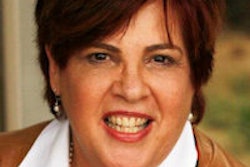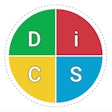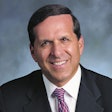
DrBicuspid.com is pleased to bring the expertise of noted practice management consultant and speaker Jan Keller to you on a monthly basis. She'll explore the "blind spots" of your practice: how to recognize them, how to deal with them, and how to benefit from the experience of your colleagues. In her first column, she explains why every dental practice needs an annual board meeting.
Dental school provides a solid background and preparation for the clinical aspects of dentistry. However, owning a dental practice is a business. And to help a business run smoothly and grow, you need not only a budget but a plan. An effective way of creating this plan, setting goals for the short and long term, and making sure you are staying on the right track is to convene an annual board of directors meeting for your practice. This meeting should review relevant information pertaining to the immediate past, present, and future of the practice.
 Jan Keller.
Jan Keller.An annual meeting keeps you focused on the present and helps you clarify your vision for the future. This minimal amount of time spent with your advisors will help you provide direction for your practice and also allow you to spend more time on performing dentistry in the long run. In school, you relied on your professors, clinical advisors, and counselors to guide you. Why stop now? Now is the best time to surround yourself with other experts.
While the idea of organizing and running an annual meeting might seem daunting, it doesn't have to be if you break it into its component elements (see below). The same goes for the time commitment. An hour or two is all you need to obtain the peace of mind that your business is moving in the direction that you want it to -- forward.
In my experience, this board is ideally comprised of the doctor, consultant, dental certified public accountant (CPA), information technology person, software rep, supply rep, financial adviser, insurance broker, social media and marketing rep, and possibly the loan officer. The practice administrator or office manager is the ideal person to schedule the meeting and coordinate necessary information with the participants, while the consultant is, as an objective party, best-suited to act as the meeting facilitator.
But Jan, you say, I am busy running my practice, obtaining continuing education, and volunteering in the community. When do I find time to plan, not to mention run, such a meeting?
Every business has advisory meetings to discuss the future of the business and what direction it will take. Why should yours be different? This is also an opportunity to examine upcoming expenditures and investments with the help of advisors who are experienced in their field and are also familiar with your practice. This opportunity to leverage their skill sets makes it all that much easier for you to do more of what you do best -- take care of patients.
Agenda
The agenda of the meeting is to discuss the practice's state of affairs, what changes might be recommended before putting the budget in place, what "rainy day funds" might be needed if technology replacement or additions are needed, and other relevant issues, such as staffing and human resources issues, as well as continuing education for the doctor and team.
Again, the meeting shouldn't last more than an hour or two. Each board member contributes to the meeting by reporting on his or her area of expertise and how it affects the future (growth) of the business. Allot a defined time for each report to ensure the meeting doesn't ramble.
You'll want to review old business along with new items. Ultimately, you want to exit the meeting with an action plan as a result of the discussions. The action plan includes what needs to be done, who will do it, and when it will be accomplished, as well as who receives the information.
While the concept of a board meeting may feel odd at first, doctors who have made this a part of their annual planning routine know firsthand the benefits and peace of mind it brings to their practice.
Next month, I'll discuss the roles each board member plays during the meeting.
Jan Keller has more than 25 years of experience in dentistry as an office manager and a software trainer. Now, as a practice management consultant, she provides customized practice development and education to clients and their teams. She is certified by Bent Ericksen & Associates in employee law compliance and also by the Practice Management Institute.
The comments and observations expressed herein do not necessarily reflect the opinions of DrBicuspid.com, nor should they be construed as an endorsement or admonishment of any particular idea, vendor, or organization.



















